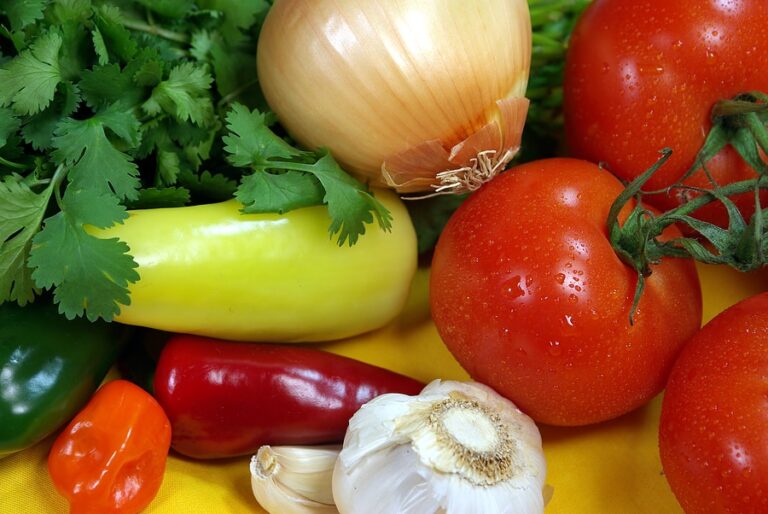How to Grow Salsa
Salsa is a delicious and versatile condiment, dip that can be enjoyed with a wide variety of foods. Although it’s most commonly paired with chips, salsa can also be used as a topping for tacos, eggs, grilled meats, or salads. If you’re a fan of this tasty dip, why not try growing your salsa ingredients?…

